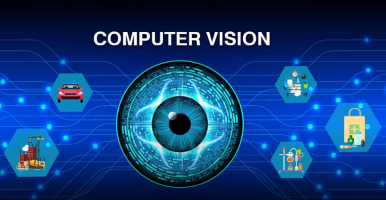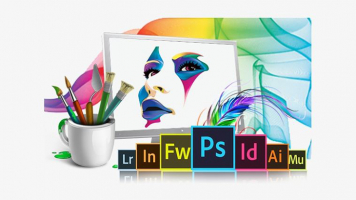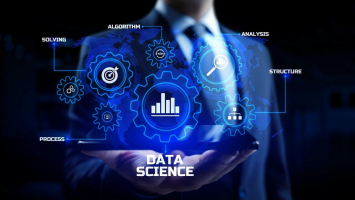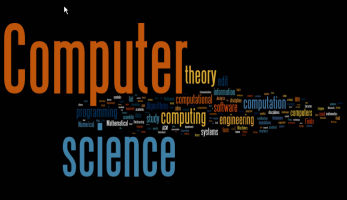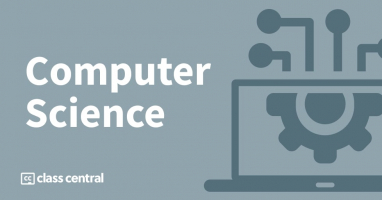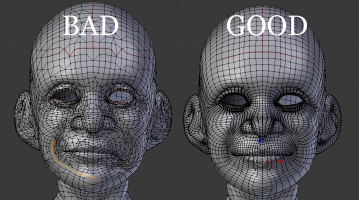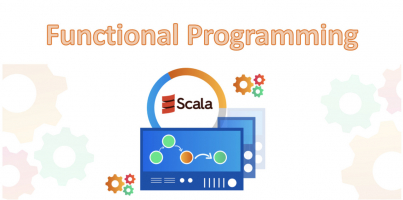Top 10 Best Books On Computer Science
Every subject requires assigned reading, and Computer Science is no exception. Computer Science, like any other field of study, has a history, diverse ... read more...methodologies, and enough opposing viewpoints to fill a library. We found the best books on computer science for this list.
-
For the past 25 years, Charles Petzold has been blogging on Windows programming. Petzold, a Windows Pioneer Award winner, is the author of several books, including the classic Programming Windows, the critically acclaimed Code: The Hidden Language of Computer Hardware and Software, Programming Windows Phone 7, and more than a dozen others.
What is the connection between flashlights, the British invasion, black cats, and seesaws and computers? CODE demonstrates how cleverly humans modify language and invent new ways of interacting with one another. And, via CODE, we can see how human inventiveness and the need to communicate have pushed technology advances over the last two centuries. The book is considered one of the best books on computer programming.
Author Charles Petzold creates an intriguing tale for everyone who has ever wondered about the secret inner lives of computers and other smart technologies using everyday objects and familiar language systems such as Braille and Morse code.
It's a cleverly depicted and easily understood story—and along the way, you'll realize you've gained a true context for comprehending today's world of PCs, digital media, and the Internet. CODE will enchant you—and possibly even awaken the technophile within you—regardless of your level of technological savvy.
Author: Charles Petzold
Link to buy: https://www.amazon.com/dp/0735611319/
Ratings: 4.6 out of 5 stars (from 1890 reviews)
Best Sellers Rank: #28,463 in Books
#5 in Machine Theory (Books)
#14 in Software Design & Engineering
#28 in Microsoft Programming (Books)
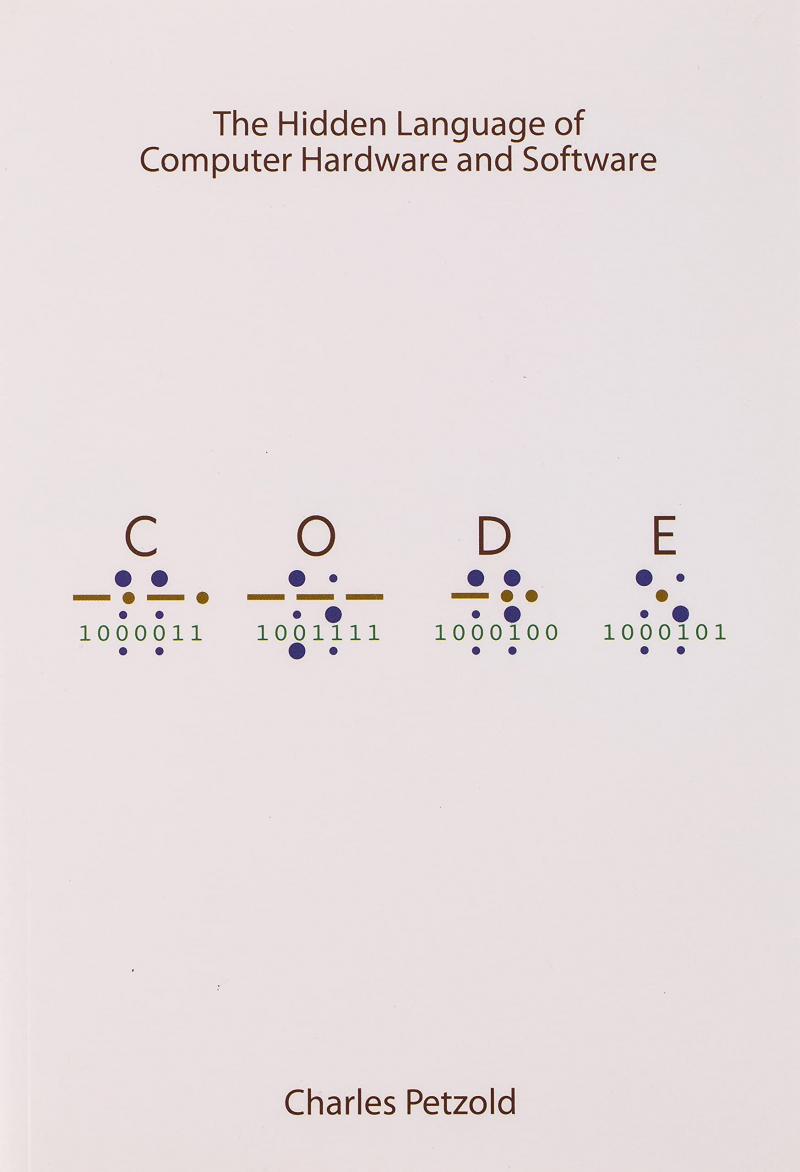
https://www.amazon.com/ 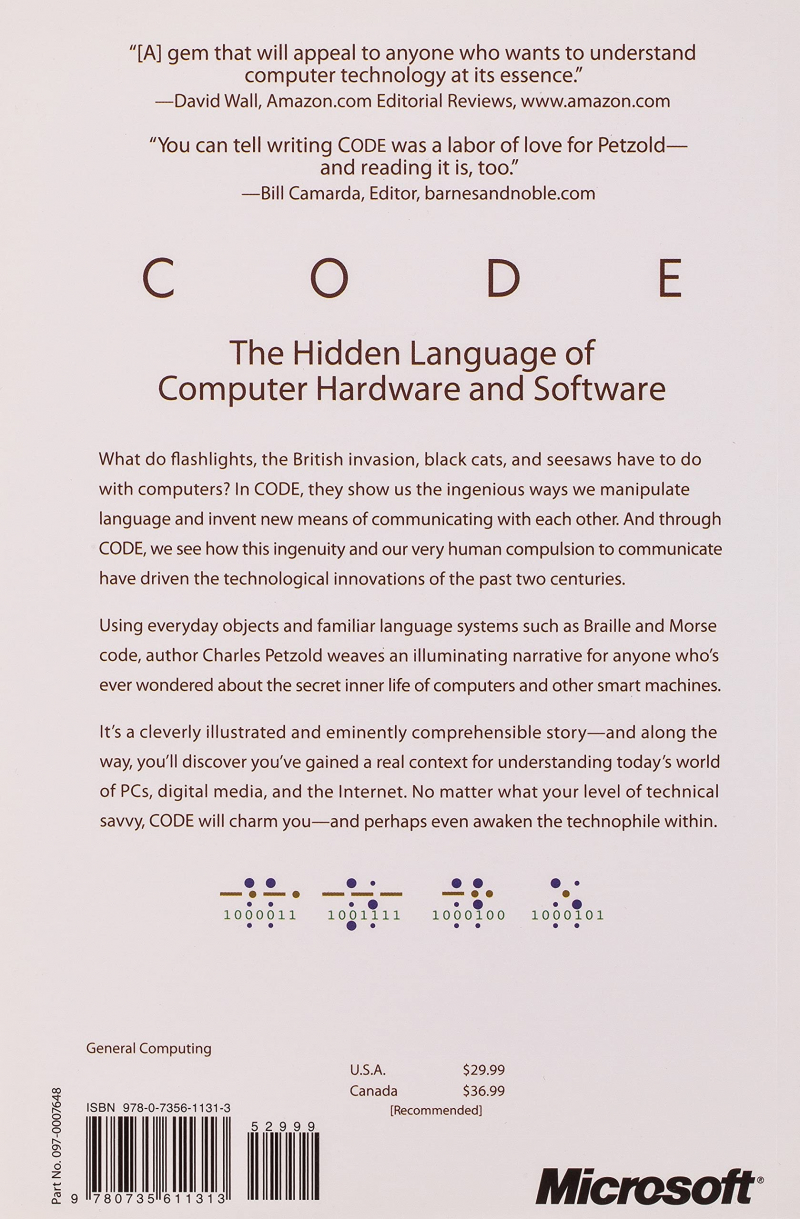
https://www.amazon.com/ -
Nick Bostrom is a Swedish-born philosopher and polymath who has studied theoretical physics, computational neuroscience, logic, and artificial intelligence, in addition to philosophy. He is a Professor at Oxford University and the founding director of the Future of Humanity Institute.
Superintelligence investigates what happens when machines outperform humans in general intelligence. Will we be saved or destroyed by artificial intelligence? Nick Bostrom provides the groundwork for comprehending humanity's and intelligent life's destiny.
The human brain possesses capacities that other animals' brains do not. Our species' dominance is due to these distinguishing characteristics. If computer brains outperformed human brains in general intelligence, this new superintelligence may become tremendously powerful - perhaps beyond our control. The fate of humanity would be determined by the activities of machine superintelligence, just as the fate of gorillas is today determined by humans rather than the species itself.
Will it be possible to build a seed Artificial Intelligence, engineer starting conditions, and survive an intelligence explosion? How could a controlled detonation be achieved?
This deeply ambitious and unique book traverses a large expanse of challenging intellectual terrain. After an engaging voyage to the frontiers of thought about the human condition and the future of sentient life, we find in Nick Bostrom's work nothing less than a rethinking of the critical mission of our time.
Author: Nick Bostrom
Link to buy: https://www.amazon.com/gp/aw/d/0198739834/
Ratings: 4.4 out of 5 stars (from 2770 reviews)
Best Sellers Rank: #12,441 in Books
#3 in Artificial Intelligence (Books)
#8 in Artificial Intelligence & Semantics
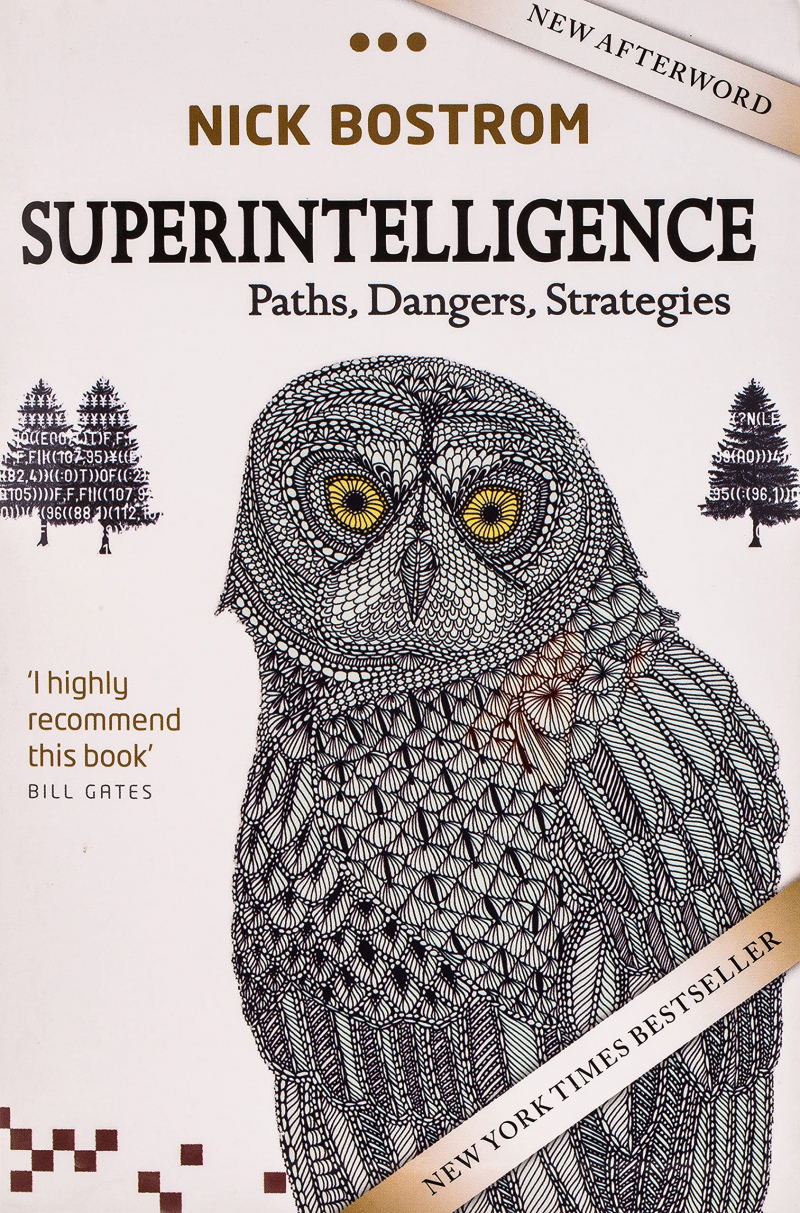
https://www.amazon.com/ 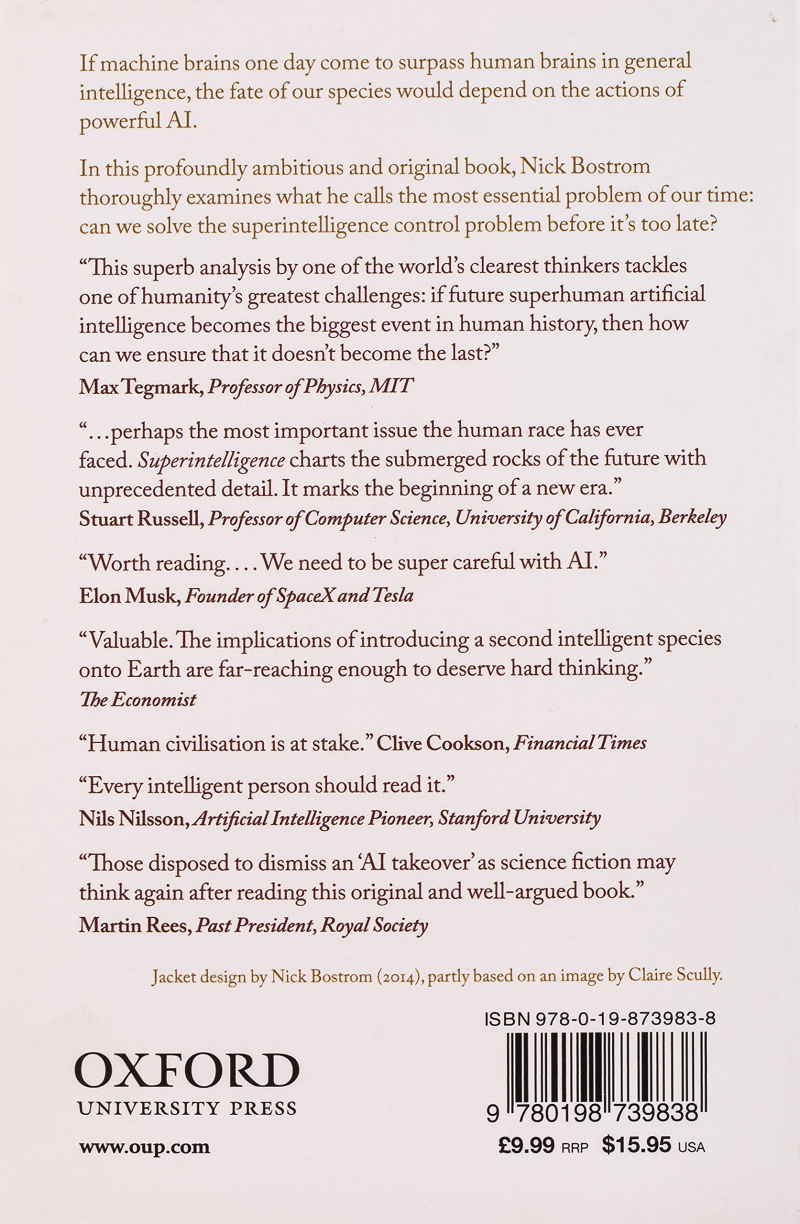
https://www.amazon.com/ -
Robert Sedgewick has been a Professor of Computer Science at Princeton University since 1985, where he also served as the Department of Computer Science's inaugural Chairman. He has held visiting research positions at Xerox PARC, the Institute for Defense Analyses, and INRIA, and he is a member of Adobe Systems' board of directors.
Kevin Wayne is a Senior Lecturer in Computer Science at Princeton University, where he has been teaching since 1998. Cornell University awarded him a Ph.D. in operations research and industrial engineering.
This fourth edition of Algorithms by Robert Sedgewick and Kevin Wayne is the premier textbook on algorithms today, and it is extensively used in colleges and institutions around the world. This book reviews the most essential computer algorithms in use today and provides a comprehensive explanation of data structures and algorithms for sorting, searching, graph processing, and string processing—including fifty techniques that every programmer should be familiar with. New Java implementations are written in an easy modular programming manner in this edition, with all code exposed to the reader and ready to use.
The algorithms in this book represent a body of knowledge that has become indispensable over the last 50 years, not just for professional programmers and computer science students, but for any student with an interest in science, mathematics, or engineering, not to mention students who use computation in the liberal arts. The book is among the best books on computer science.
Robert Sedgewick and Kevin Wayne are working to create a modern method to information dissemination that completely embraces technology, allowing individuals all over the world to explore new ways of learning and teaching. By combining their textbook, online content, and MOOC, all of which are cutting-edge, they have created a one-of-a-kind resource that substantially enhances the breadth and depth of the educational experience.
Author: Robert Sedgewick and Kevin Wayne
Link to buy: https://www.amazon.com/dp/032157351X/
Ratings: 4.7 out of 5 stars (from 684 reviews)
Best Sellers Rank: #104,304 in Books
#16 in Computer Programming Structured Design
#20 in Computer Algorithms
#38 in Programming Algorithms
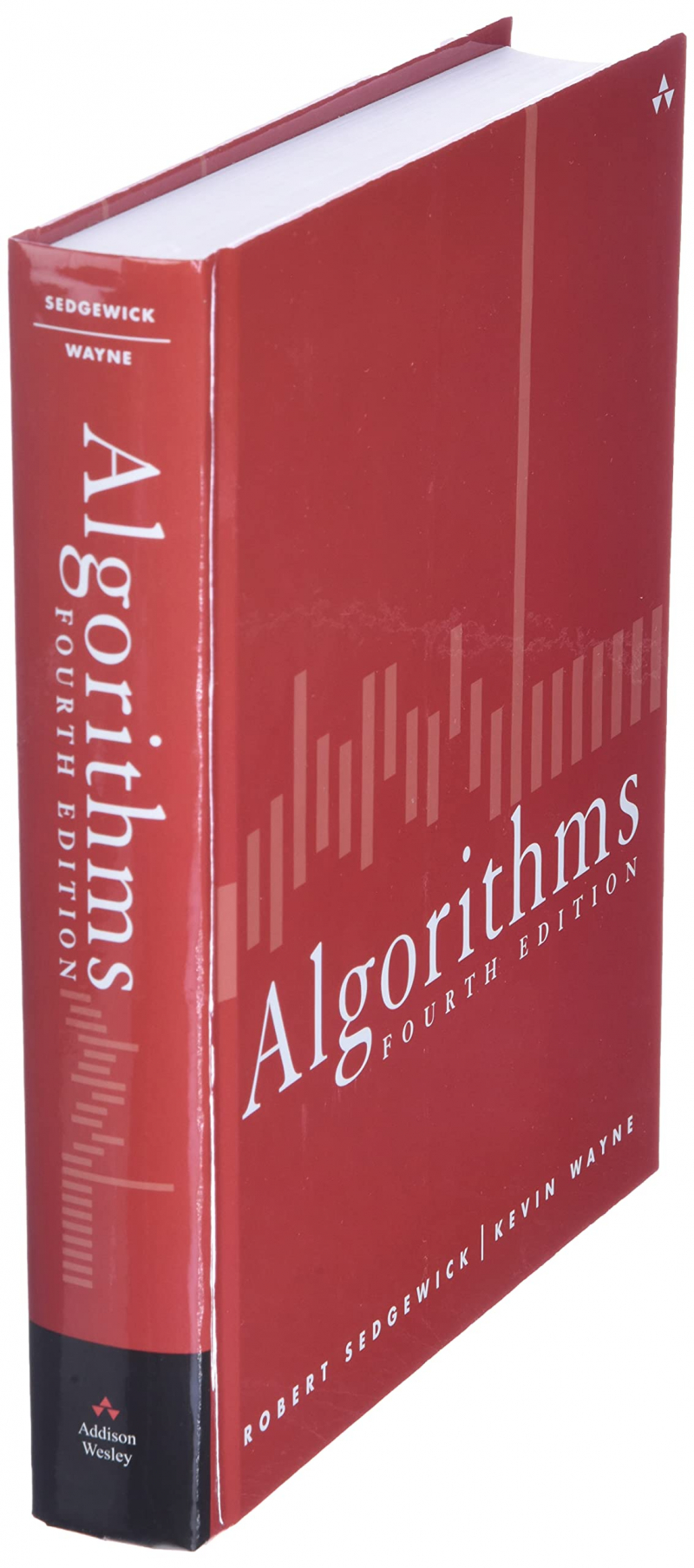
https://www.amazon.com/ 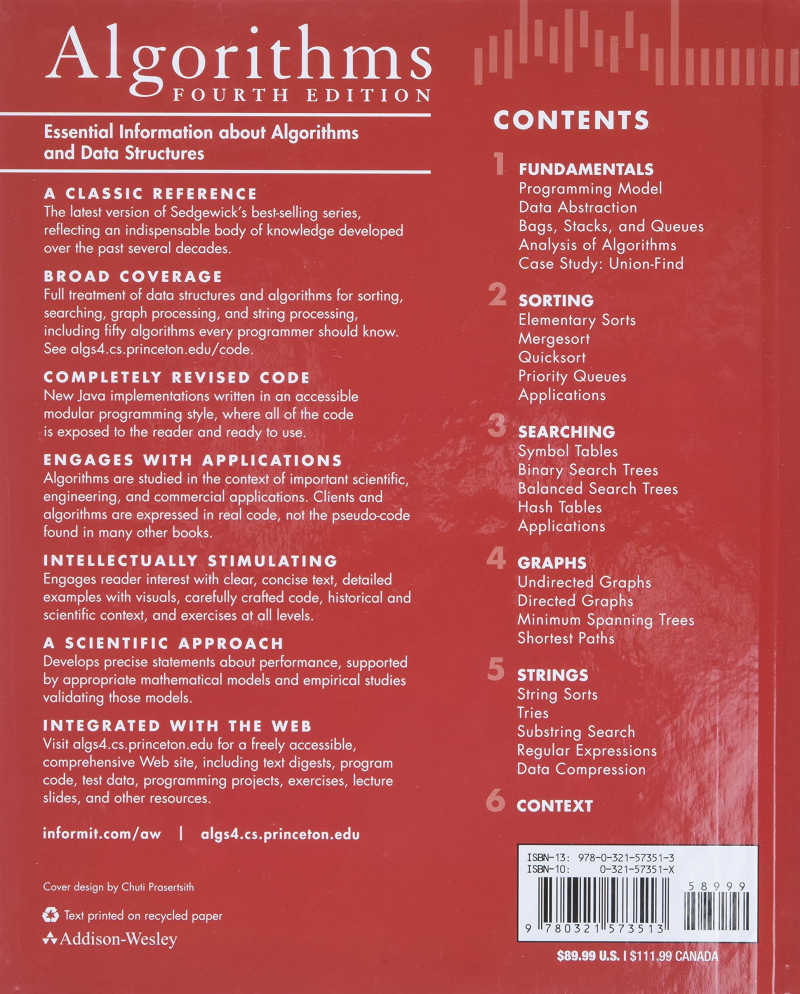
https://www.amazon.com/ -
ThoughtWorks' Chief Scientist is Martin Fowler. He identifies himself as "an author, lecturer, consultant, and overall software development loud-mouth." Fowler focuses on corporate software design, investigating what makes a strong design and what procedures are required to produce one.
For more than two decades, experienced programmers all over the world have depended on Martin Fowler's Refactoring to improve the design of existing code, improve software maintainability, and make current code easier to understand.
This much-anticipated new version has been completely updated to reflect significant changes in the programming landscape. Refactoring, Second Edition offers an updated collection of refactorings, JavaScript code examples, and new functional examples of refactoring without classes.
This edition, like the first, covers what refactoring is, why you should refactor, how to spot code that requires restructuring, and how to do it successfully in any language.
- Understand the refactoring process and general principles.
- Apply effective refactorings quickly to make a program easier to understand and update.
- Recognize "poor odors" in code that indicate refactoring chances.
- Investigate the refactorings, which are each accompanied by explanations, motivation, mechanics, and basic examples.
- Create strong tests for your refactorings.
- Recognize tradeoffs and refactoring roadblocks.
Author: Martin Fowler
Link to buy: https://www.amazon.com/Refactoring-Improving-Existing-Addison-Wesley-Signature/dp/0134757599/
Ratings: 4.7 out of 5 stars (from 695 reviews)
Best Sellers Rank: #25,507 in Books
#8 in Object-Oriented Software Design
#12 in Object-Oriented Design
#12 in Software Design & Engineering
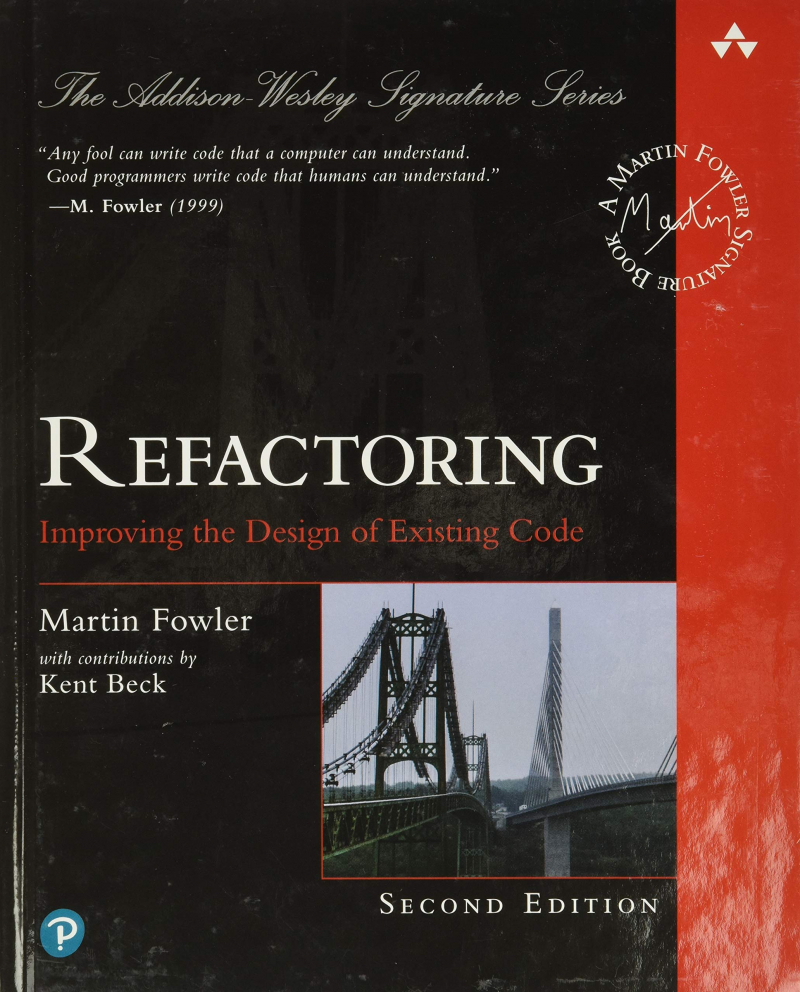
https://www.amazon.com/ 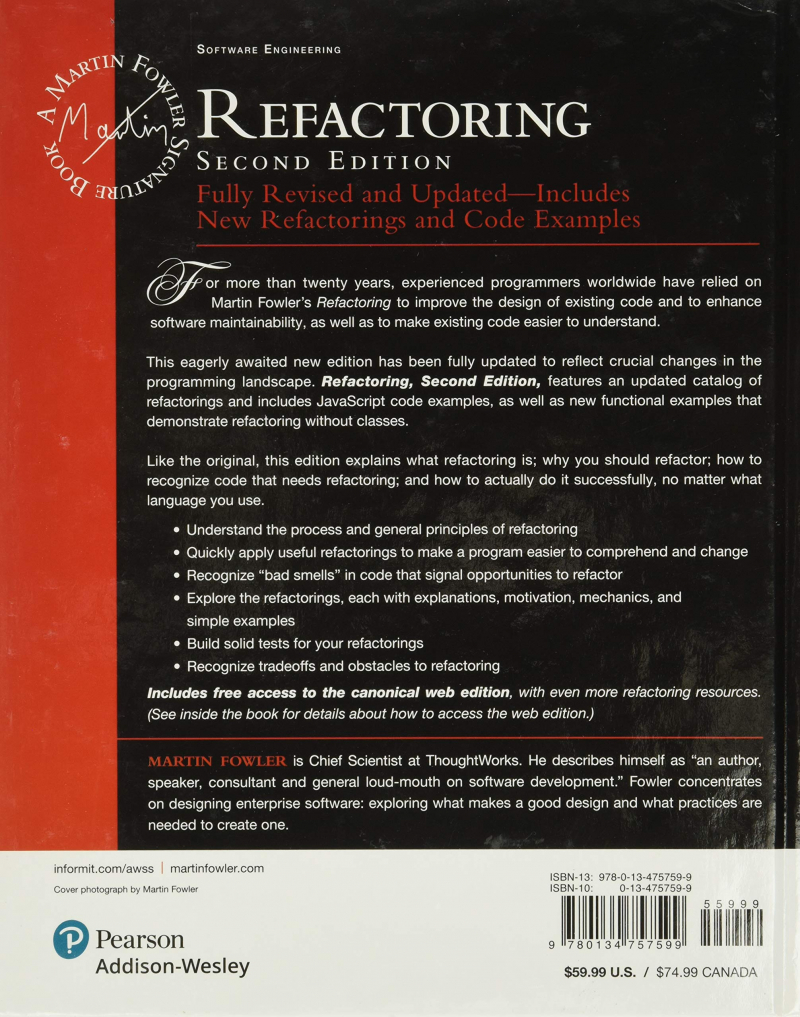
https://www.amazon.com/ -
Brian Christian is the author of The Most Human Human: What Artificial Intelligence Teaches Us About Being Alive, a Wall Street Journal best-seller and a New Yorker best-of-the-year pick. He was nominated for the UK's Best Book of Ideas award alongside Steven Pinker and Daniel Kahneman.
Tom Griffiths is a UC Berkeley professor of psychology and cognitive science who runs the Computational Cognitive Science Lab. He has won numerous prizes for his scientific work, including those from the American Psychological Association and the Sloan Foundation.
In a day or a lifetime, what should we do or leave undone? How much messiness should we put up with? What is the most satisfying blend of new and familiar? These may appear to be uniquely human dilemmas, but they are not. Because computers, like humans, have limited space and time, computer scientists have been wrestling with comparable issues for decades. And the solutions they've discovered have a lot to teach us.
Brian Christian and Tom Griffiths demonstrate how algorithms built for computers can also be used to answer very human concerns in a stunningly transdisciplinary study. They explain how to have greater intuition and when to leave things to chance, how to deal with overwhelming options, and how to interact with others more effectively. Algorithms to Live By translates the wisdom of computer science into techniques for human existence, from finding a spouse to finding a parking place, from managing one's email to peeking into the future.
Author: Brian Christian and Tom Griffiths
Link to buy: https://www.amazon.com/gp/aw/d/1250118360/
Ratings: 4.5 out of 5 stars (from 2965 reviews)
Best Sellers Rank: #9,409 in Books
#9 in Computer Hacking
#20 in Computer Science (Books)
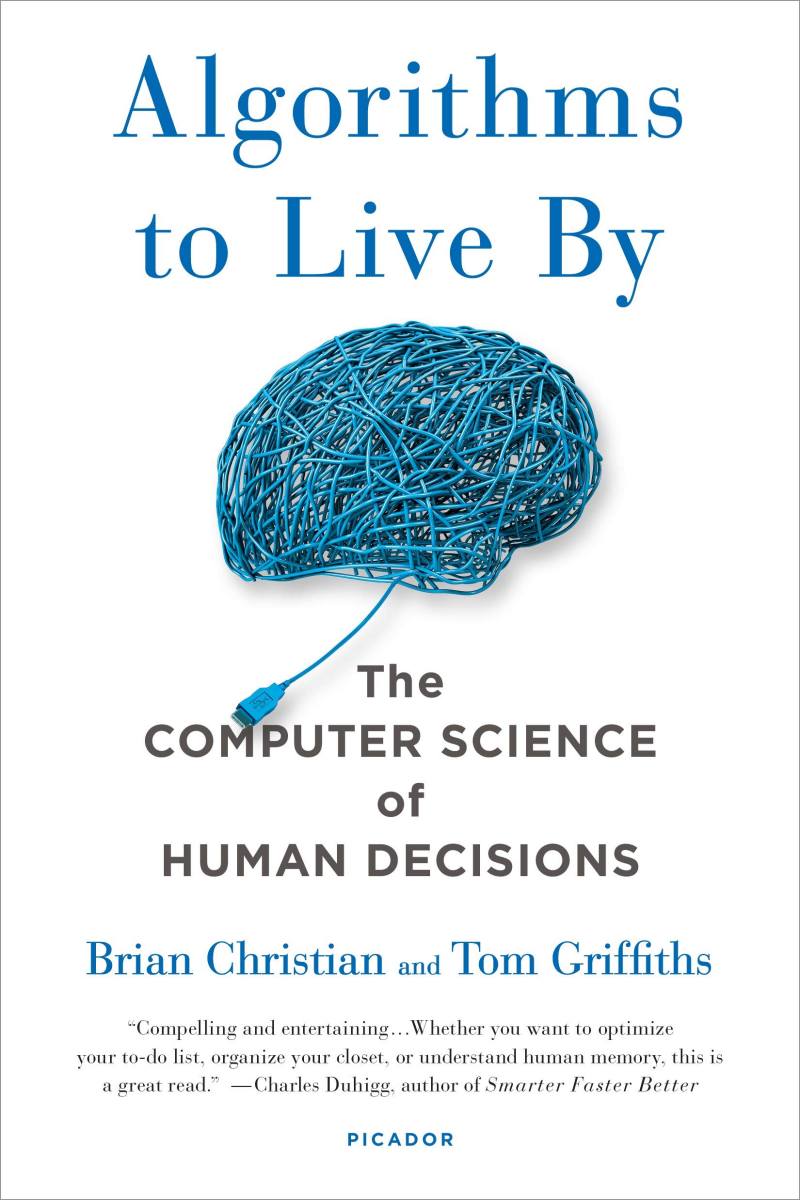
https://www.amazon.com/ 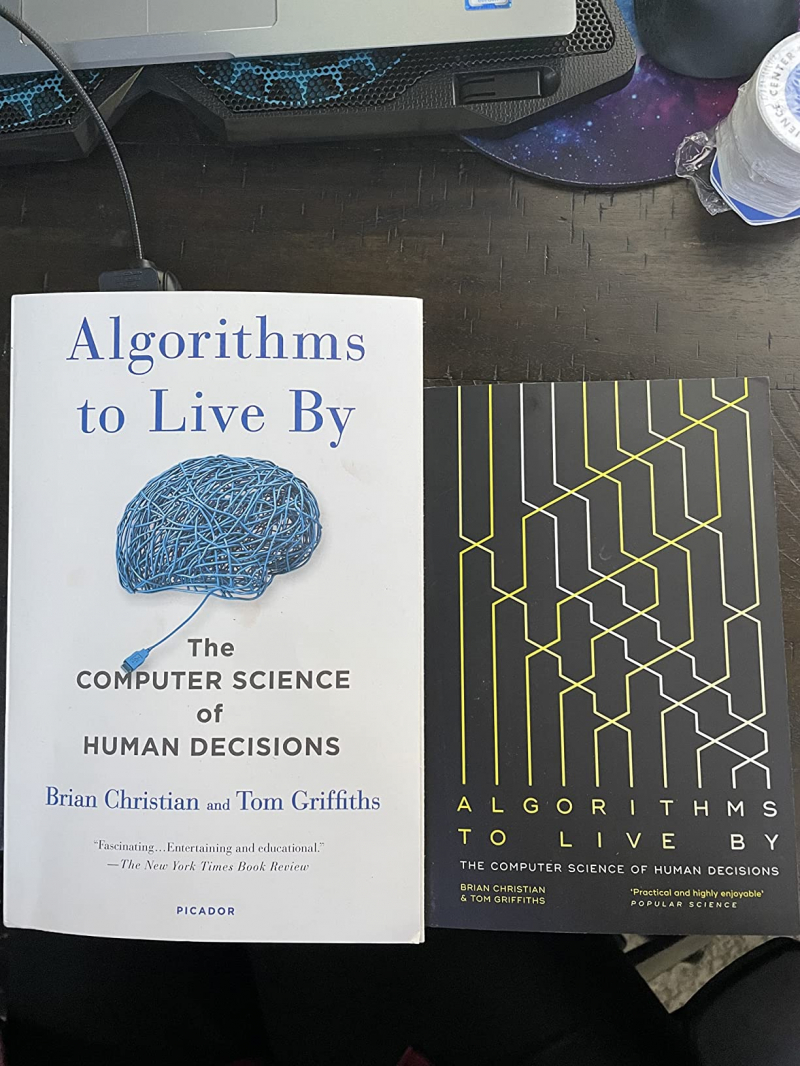
https://www.amazon.com/ -
Tracy Kidder attended the University of Iowa after graduating from Harvard. He has received the Pulitzer Prize, National Book Award, Robert F. Kennedy Award, and numerous other literary honors. Kidder lives in Massachusetts and Maine and is the author of Mountains Beyond Mountains, My Detachment, Home Town, Old Friends, Among Schoolchildren, House, and The Soul of a New Machine.
The book is Tracy Kidder's "riveting" (Washington Post) story of one company's efforts to bring a new microprocessor to market that earned both the Pulitzer Prize and the National Book Award, and it has since become required reading for anybody interested in the history of the American technology industry.
Since 1981, when The Soul of a New Machine first investigated the culture of the computer revolution, computers have evolved. What hasn't changed is the high-tech industry's frenetic speed, the go-for-broke business mentality that has led to so many computer businesses winning big (or going bankrupt), and the cult of pursuing mind-bending technological advancements.
Among the best books on computer science, The Soul of a New Machine is an important chapter in the history of the machine that changed the world in the twentieth century. "Interesting...A unexpectedly riveting account of people at work." —From the Wall Street Journal
Author: Tracy Kidder
Link to buy: https://www.amazon.com/Soul-New-Machine-Tracy-Kidder/dp/0316491977/
Ratings: 4.6 out of 5 stars (from 631 reviews)
Best Sellers Rank: #27,232 in Books
#8 in Computing Industry History
#8 in Computer & Technology Biographies
#28 in History of Engineering & Technology
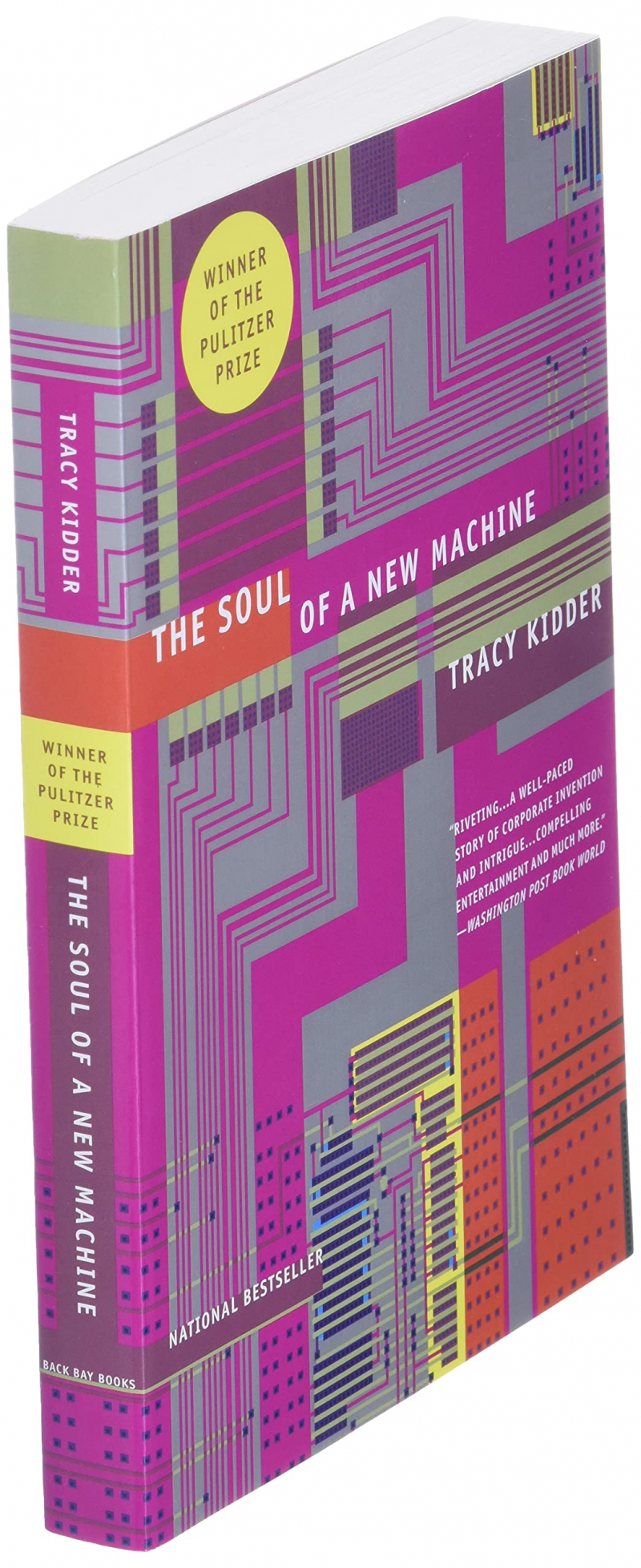
https://www.amazon.com/ 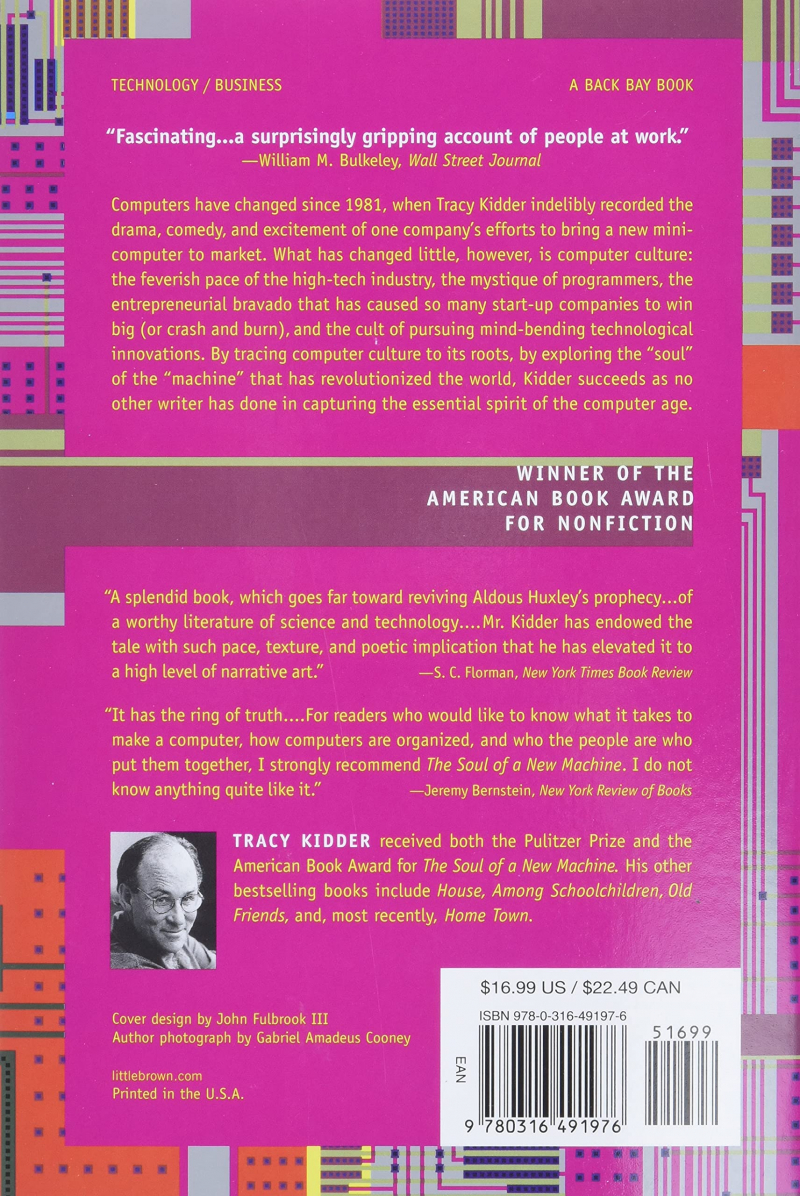
https://www.amazon.com/ -
Erik Brynjolfsson is the MIT Initiative on the Digital Economy's director and the Schussel Family Professor of Management Science at MIT Sloan. He is the co-author of numerous best-selling books with Andrew McAfee and one of the world's most referenced information systems and economics scholars.
Andrew McAfee is the co-director of the MIT Initiative on the Digital Economy and the co-author of The Second Machine Age and Machine, Platform, Crowd: Harnessing Our Digital Future, both of which have sold well. He and co-author Erik Brynjolfsson are the only people recognized to the Thinkers 50 list of the world's top management thinkers as well as the Politico 50 list of those transforming American politics.
Google's self-driving cars have logged thousands of miles on American highways in recent years, and IBM's Watson has beaten the best human Jeopardy! players. Digital technologies based on hardware, software, and networks will soon be able to diagnose diseases more accurately than doctors, alter commerce, and perform many tasks that were previously thought to be distinctively human.
Erik Brynjolfsson of MIT and Andrew McAfee, two leading experts in their fields, uncover the factors driving the reinvention of our lives and economies in The Second Machine Age. As the entire influence of digital technologies becomes apparent, we will reap enormous benefits in the form of brilliant personal technology, enhanced infrastructure, and near-limitless access to cultural objects that enrich our lives.
This windfall will be accompanied with agonizing change. Professions ranging from lawyers to truck drivers will be irrevocably altered. Companies will have to evolve or perish. Recent economic indices reflect this shift: fewer people are working, and wages are declining, despite rising productivity and profits.
Brynjolfsson and McAfee identify the best survival methods and provide a new road to riches based on years of research and current trends. These include redesigning schooling to prepare people for the next economy rather than the previous one, developing new collaborations that combine brute processing capacity with human inventiveness, and accepting policies that make sense in a drastically altered context.
The Second Machine Age, a fundamentally optimistic book, modifies how we conceive about technical, sociological, and economic advancement.
Author: Andrew McAfee and Erik Brynjolfsson
Link to buy: https://www.amazon.com/Second-Machine-Age-Prosperity-Technologies/dp/0393350649/
Ratings: 4.4 out of 5 stars (from 1178 reviews)
Best Sellers Rank: #390,251 in Books
#131 in Business Development
#259 in Development & Growth Economics (Books)
#413 in Social Aspects of Technology
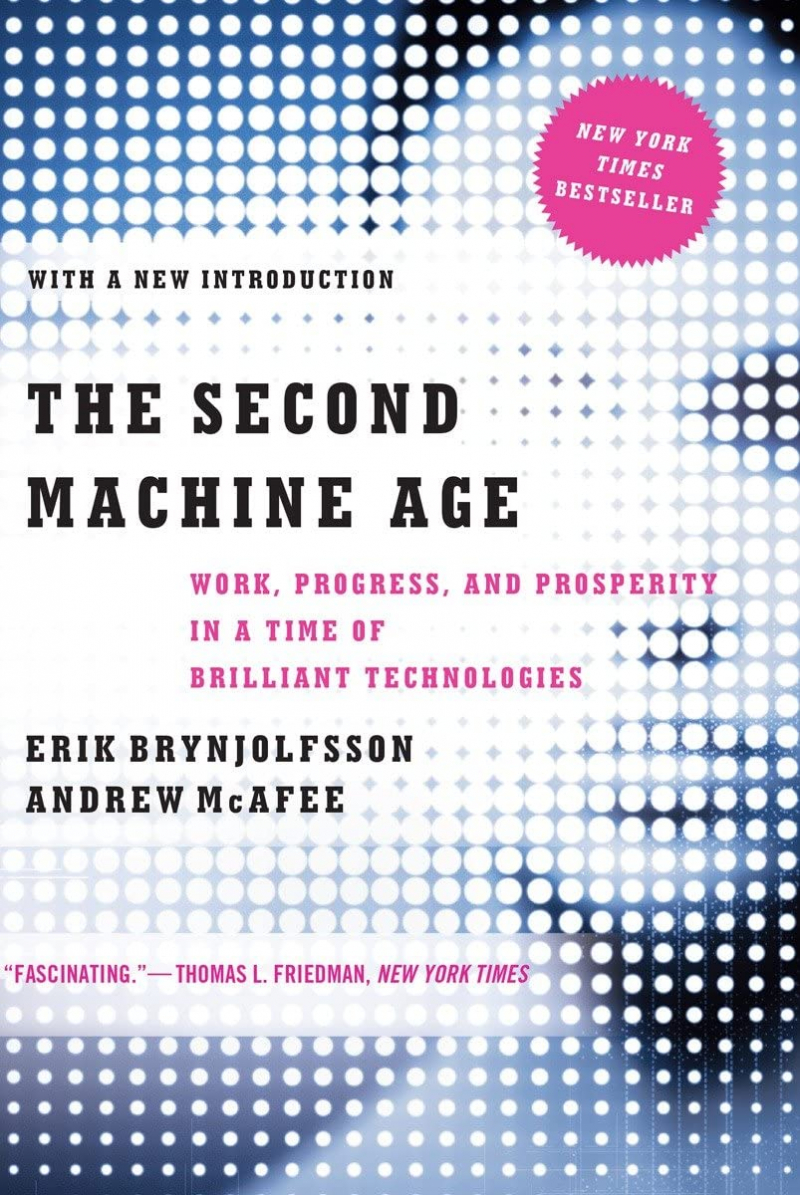
https://www.amazon.com/ 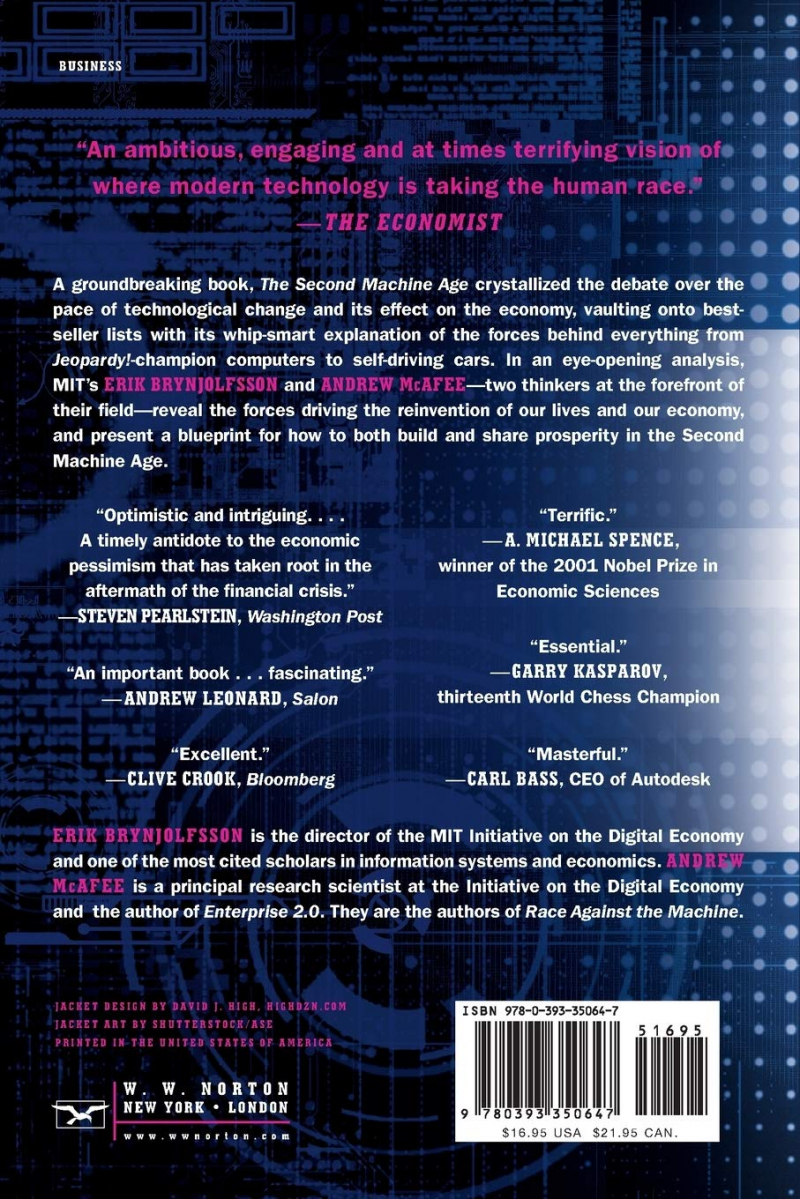
https://www.amazon.com/ -
CORY ALTHOFF is a self-taught programmer, speaker, and author of The Self-Taught Programmer and The Self-Taught Computer Scientist. Cory taught himself to program after graduating with a major in political science and eventually becoming a software engineer at eBay. Cory's works have been translated into eight languages, and he has appeared in Forbes and CNBC.
Cory Althoff was offered a dream first job as a software engineer for a well-known computer business right out of college, but he rapidly found himself overwhelmed by the quantity of stuff he needed to know but hadn't learned before. This encounter, together with his personal adventure learning to program, inspired The Self-Taught Programmer, his internationally acclaimed book. Cory is back with another resource for the self-taught community of learners, this time concentrating on the fundamentals of computer science.
The Self-Taught Computer Scientist teaches novice and self-taught programmers the principles of computer science that are required for success in programming and software engineering areas. Computer science is a vast subject that might take a lifetime to master. This book does not intend to cover all you might learn in a computer science degree program. Instead, Cory's purpose is to introduce you to some of the most important computer science topics that pertain to a programming profession. The Self-Taught Computer Scientist, with a focus on data structures and algorithms, assists you in filling knowledge gaps, preparing for a technical interview, feeling informed and confident on the job, and eventually becoming a better programmer. It is regarded as one of the best books on computer science.
- Learn about various algorithms, such as linear and binary search, and put your knowledge to the test via feedback loops.
- Learn about data structures and experiment with arrays, linked lists, stacks, queues, hash tables, binary trees, binary heaps, and graphs.
- Prepare for technical interviews and feel at ease working with more senior colleagues.
- Find extra information and tools to help you broaden your skill set and continue your learning journey.
It's as easy as this: If you want to be a successful programmer, you must learn computer science, and if you don't understand computer science, you will not get hired. Are you interested in a career in programming, coding, or software engineering and willing to adopt a "always be learning" attitude? You should take the Self-Taught Computer Scientist course.
Author: Cory Althoff
Link to buy: https://www.amazon.com/gp/product/1119724414/
Ratings: 4.5 out of 5 stars (from 72 reviews)
Best Sellers Rank: #155,915 in Books
#35 in Computer Algorithms
#77 in Programming Algorithms
#108 in Data Processing
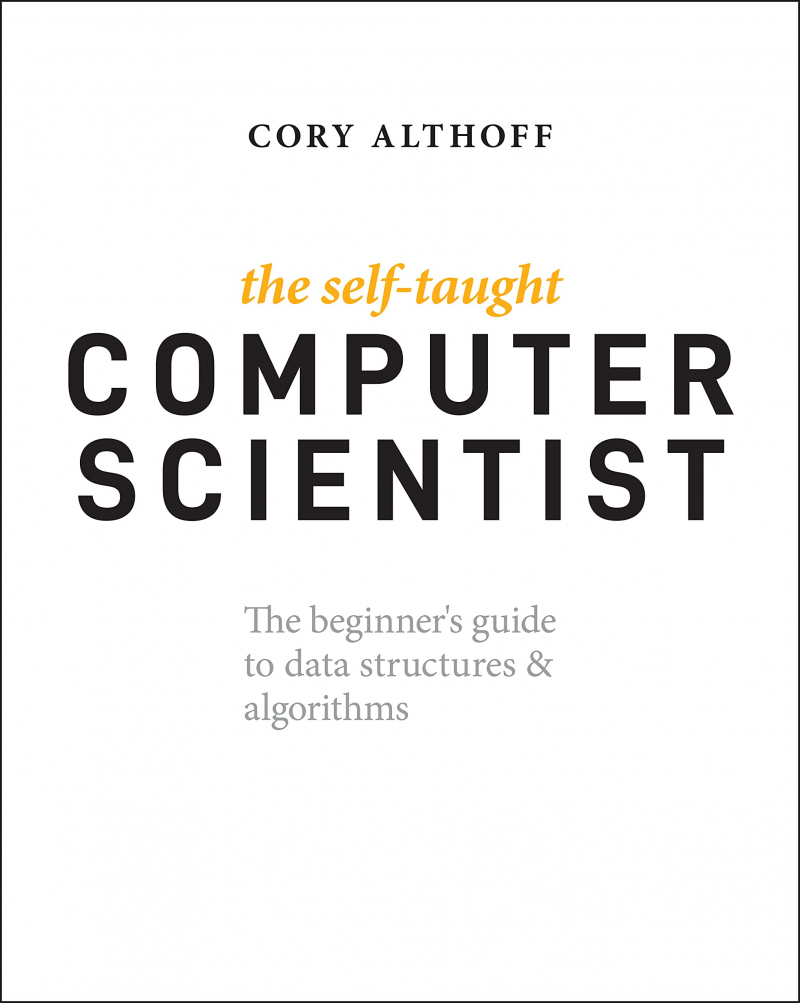
https://www.amazon.com/ 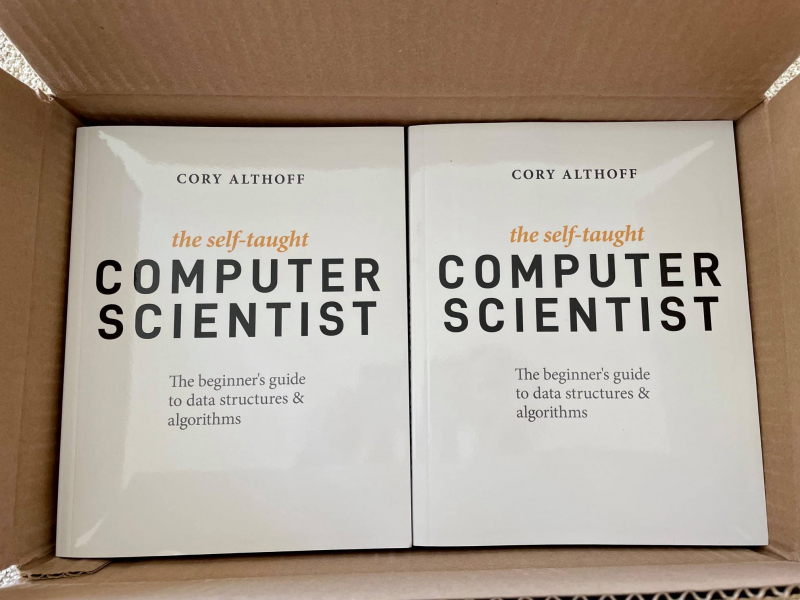
Photo: Cory Althoff's Facebook -
Grant Smith is a computer science education expert, author, and educator. He has taught computer science in elementary and intermediate schools and worked as a school administrator. Grant has participated on national computer science education panels as a consultant and is one of the architects of the 2017 CSTA Computer Science Standards. Grant has taught hundreds of instructors in nearly every state and 41 countries how to teach computer science to middle and primary school students.
This Big Fat Notebook helps you grasp computer science by providing key topics, mnemonic devices, definitions, illustrations, and doodles.
Including:
- Computing systems
- Binary code
- Algorithms
- Computational thinking
- Loops, events, and procedures
- Programming in Scratch and Python
- Boolean Expressions
- Web development
- Cybersecurity
- HTML
- CSS
- …and more!
The Big Fat Notebook series is based on a simple and appealing premise: take notes from the smartest child in class. Each book in the series has been vetted by National and State Teacher of the Year Award-winning instructors and fulfills Common Core State Standards, Next Generation Science Standards, and state history standards. They make learning enjoyable and are the ideal next step for any child who grew up with Brain Quest.
Author: Grant Smith
Link to buy: https://www.amazon.com/gp/product/1523502770/
Ratings: 4.8 out of 5 stars (from 4077 reviews)
Best Sellers Rank: #4,034 in Books
#2 in Children's Programming Books
#57 in Children's General Study Aid Books
#128 in Children's Science & Nature Books
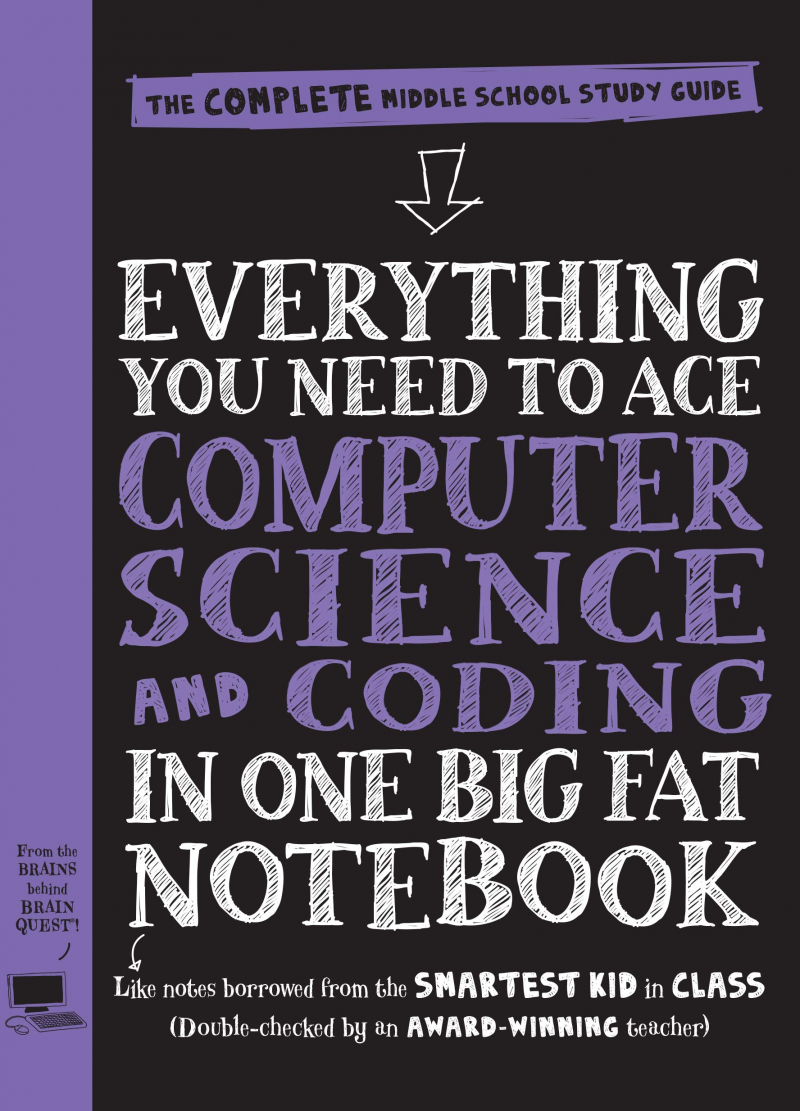
https://www.amazon.com/ 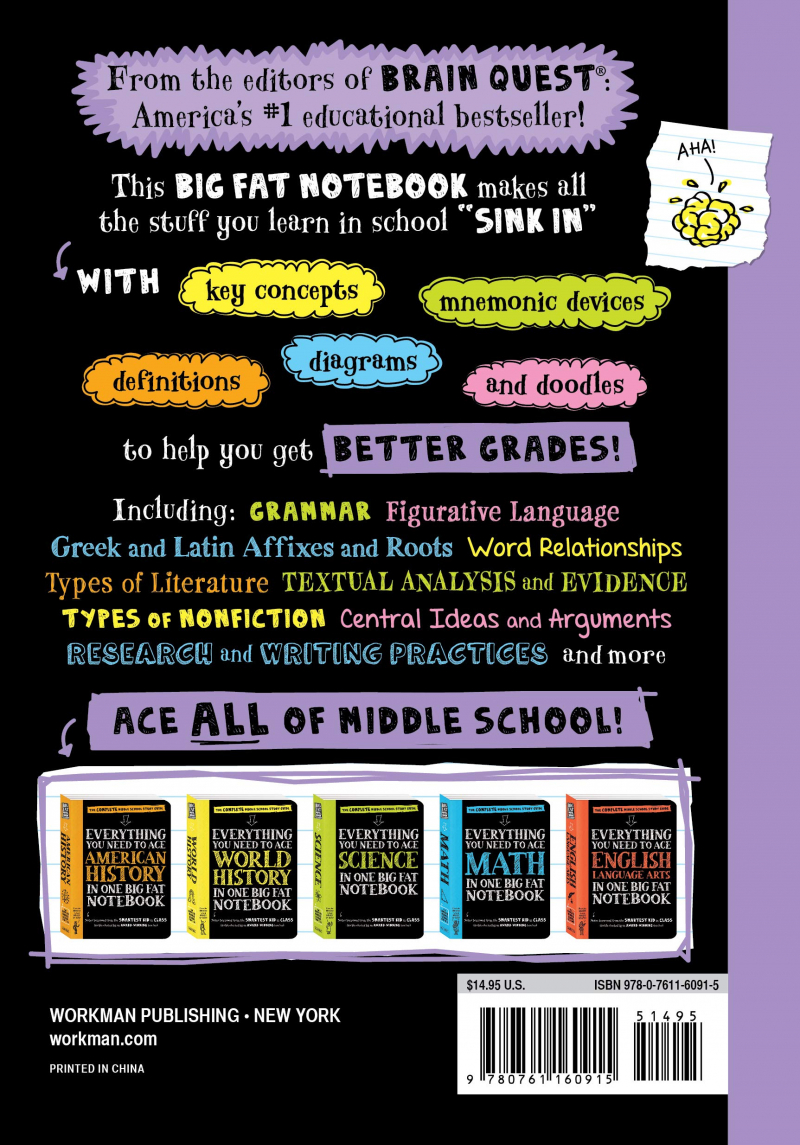
https://www.amazon.com/ -
Greg Perry is a lecturer and writer who specializes in both programming and application development. He is well-known for simplifying programming topics for beginners. Perry has spent the last two decades as a programmer and educator.
Dean Miller is a writer and editor who has worked in the publishing and licensed consumer product industries for over 20 years. Over the years, he has produced or helped shape a number of bestselling books and series, including Sams Publishing's Teach Yourself in 21 Days, Teach Yourself in 24 Hours, and the Unleashed series.
Create strong C programs without having to become a technical expert! C Programming Absolute Beginner's Guide is the quickest method to become acquainted with C, one wonderfully plain and simple step at a time. You'll learn how to arrange programs, store and display data, and work with variables, operators, I/O, pointers, arrays, and functions, among other things. C programming has never been easier!
Among the best books on computer science, this is the greatest beginner's guide to building C programs—and to learning skills that may be applied to almost any language. Its straightforward instructions will get you started writing useful, dependable C code for everything from games to mobile apps. Furthermore, it has been thoroughly updated for the new C11 standard as well as today's free, open source tools! Here's a taste of what you'll learn:
- Locate free C programming tools for Windows, Mac OS X, and Linux.
- Recognize the components of a C program and how they work together.
- Produce output and show it on the screen
- Communicate with users and reply to their feedback
- Make the best use of variables by employing assignments and expressions.
- Run programs by testing data and employing logical operators.
- Use loops and other strategies to save time and effort.
- Use basic built-in functions to create powerful data-entry procedures.
- Use strings to manipulate text
- Keep information accessible and usable.
- Use arrays, pointers, and data structures to organize your data.
- Make programs easier to write and maintain by using functions.
- Delegate all of your program's math to C.
- Use your computer's memory as wisely as possible.
- Use preprocessing directives to make programs more powerful.
Author: Greg Perry and Dean Miller
Link to buy: https://www.amazon.com/gp/product/0789751984/
Ratings: 4.6 out of 5 stars (from 622 reviews)
Best Sellers Rank: #95,921 in Books
#15 in C Programming Language
#117 in Microsoft Programming (Books)
#127 in Introductory & Beginning Programming
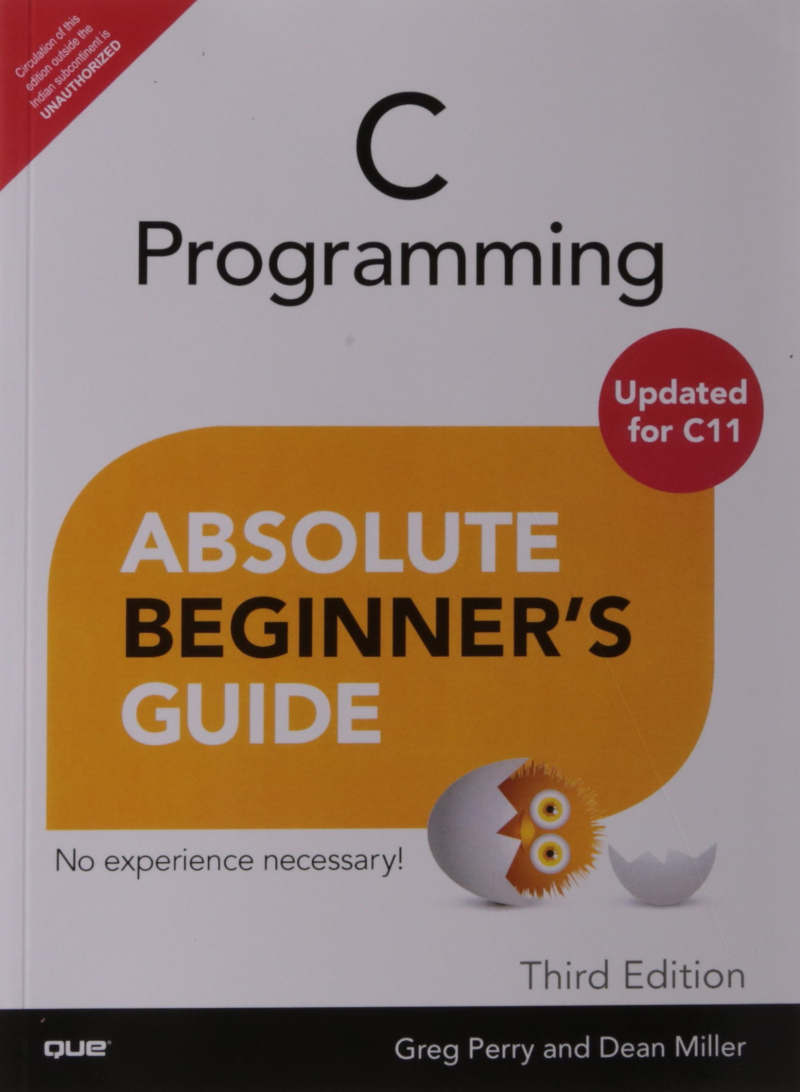
https://www.amazon.com/ 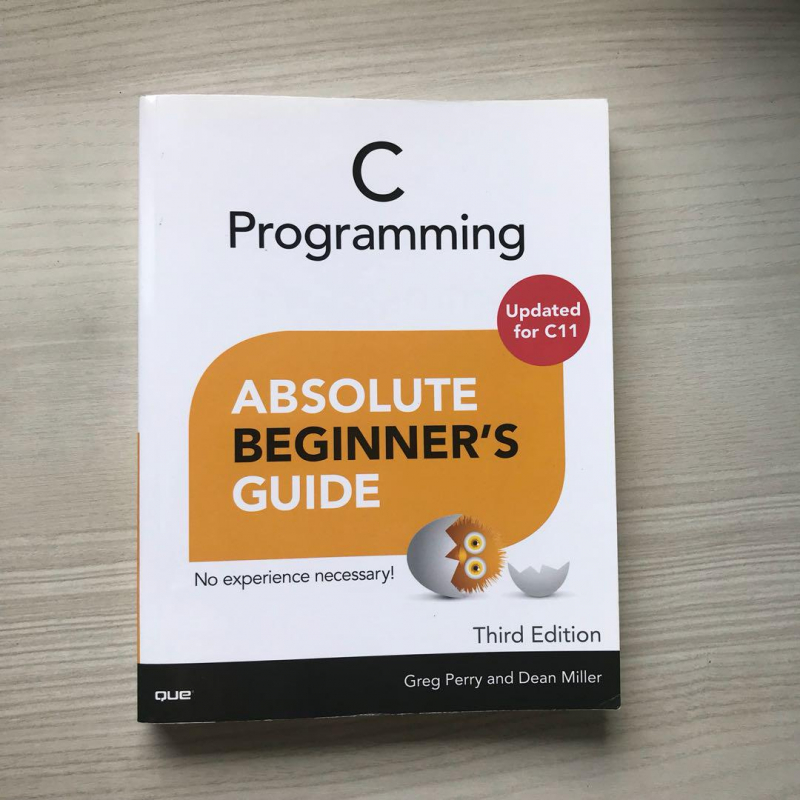
newmoongarments.com














